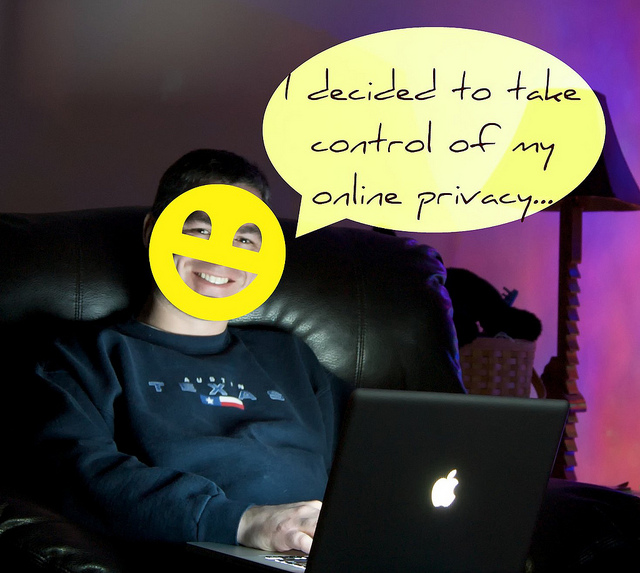
 The Internet has long grappled with the issue of consumer privacy. In this final article of an eight-part series, Digiday examines the issue of “Redefining Privacy.” The series is made possible through the sponsorship of Truste, a provider of online privacy services.
The Internet has long grappled with the issue of consumer privacy. In this final article of an eight-part series, Digiday examines the issue of “Redefining Privacy.” The series is made possible through the sponsorship of Truste, a provider of online privacy services.
Millennials get a lot of flack for oversharing online. But just because millennials may seem like the most exposed and active on the Internet doesn’t mean they don’t care or aren’t aware of online privacy issues.
Marketers and researchers alike have devoted much attention to millennials’ online behavior, and contrary to what most expect, young people are not indifferent when it comes to their privacy on the Internet. According to a 2011 interview-based study conducted with Rutgers University students, millennials tend to set high security settings on Facebook, meaning that only a name and profile picture are visible to strangers, and not a complete profile. The study also found that many millennials opt to use only their first and middle name on Facebook, excluding their last name as way to make sure only people they know can find them on Facebook and that their entire identity is not attached to their profiles.
More so than those older generations, millennials manage their online presence. According to Pew’s 2010 report “Reputation Management and Social Media,” 71 percent of social network users ages 18-29 said they have changed the privacy settings on their profiles to limit what information is visible to others online, versus just 55 percent of users ages 50-64 have changed the default settings. Furthermore, 44 percent of Internet users ages 18-29 reported that they actively take steps to limit the amount of personal information available about them online, compared to 33 percent of Internet users ages 30-49, 25 percent of those ages 50-64, and 20 percent of those ages 65 and older.
A more recent Pew report “Privacy management on social media sites” reports that 62 percent of teens who have a social media profile said the profile they use most often is set to be private so that only their friends can see the content they post, versus 58 percent of adults who do the same. Both 19 percent of teens and adults said their profile is partially private so that friends of friends or their networks can see some version of their profile. Clearly, millennials are just as, if not more, concerned about their privacy online.
While millennials, more than other generations, see the value of the social Web as a way to enhance friendships and create new ones and to express themselves, they also fully understand the risks of online sharing. And really, this shouldn’t be so surprising. The millennial generation is made up of those who grew up with the Internet, with Facebook, with smartphones. Millennials were the first ones who went into their junior and senior years in high school knowing that they needed to change their Facebook privacy settings and delete any incriminating photos or comments that college admissions officers might see. Millennials are the ones who have seen their peers share too much online or via text message and have learned what not to do and how to protect their privacy.
Just because millennials like to share online, it doesn’t mean they aren’t privacy savvy too.
More in Media

In Graphic Detail: The scale of the challenge facing publishers, politicians eager to damage Google’s adland dominance
Last year was a blowout ad revenue year for Google, despite challenges from several quarters.

Why Walmart is basically a tech company now
The retail giant joined the Nasdaq exchange, also home to technology companies like Amazon, in December.

The Athletic invests in live blogs, video to insulate sports coverage from AI scraping
As the Super Bowl and Winter Olympics collide, The Athletic is leaning into live blogs and video to keeps fans locked in, and AI bots at bay.





